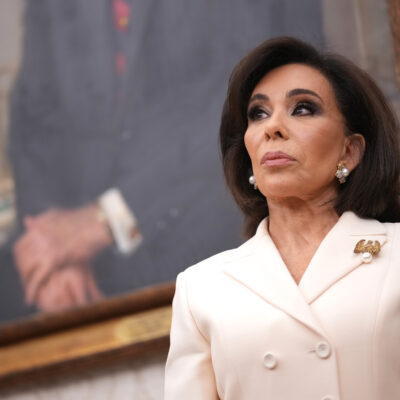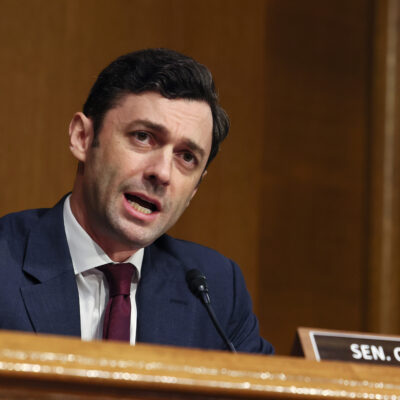
Michael M. Santiago/Getty Images
Anti-Israel New York City councilwoman Shahana Hanif facing primary threat
Hanif’s refusal to publicly condemn Hamas after the Oct. 7 attacks unnerved Jewish constituents in Brooklyn
A far-left New York City councilwoman who has faced backlash over her refusal to publicly condemn Hamas and her handling of antisemitism is now poised to face off against a progressive challenger who is already gearing up for a...






